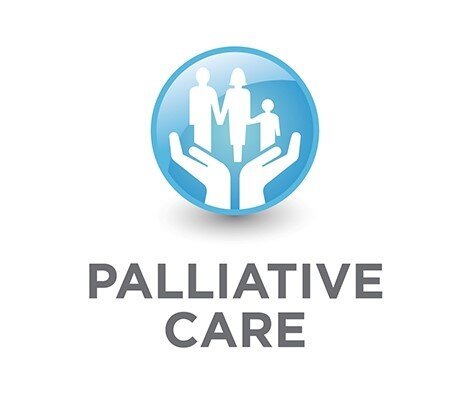Introduction:
Palliative care is a specialized form of medical care that focuses on providing relief from the symptoms and stress of a serious illness, with the ultimate goal of improving the quality of life for both the patient and their family. While the traditional healthcare setting plays a crucial role in palliative care, the utility of homecare in this context cannot be overstated. In this blog post, we will explore the profound impact of homecare services on palliative care in India.
The Essence of Palliative Care:
Palliative care aims to address the physical, emotional, and spiritual needs of individuals facing serious illnesses, such as cancer, heart failure, or chronic obstructive pulmonary disease (COPD). It involves a holistic approach to managing symptoms, enhancing comfort, and supporting patients and their families throughout the illness journey.
Challenges in Traditional Healthcare Settings:
While hospitals and hospices are equipped to provide palliative care, they come with certain challenges. Hospitals can be overwhelming, and patients may experience heightened stress and discomfort in unfamiliar environments. Additionally, frequent hospital visits can be emotionally taxing for both patients and their families.
The Role of Homecare in Palliative Care:
Homecare services in the context of palliative care offer a compassionate alternative. By bringing care to the patient’s doorstep, homecare providers create an environment that is familiar and comforting, fostering a sense of security and peace for the patient. Here are some key aspects highlighting the utility of homecare in palliative care:
Comfort and Familiarity: Homecare enables patients to receive personalized care in the comfort of their own homes. This not only helps alleviate physical symptoms but also contributes to the emotional well-being of the patient, creating a conducive environment for healing.
Reduced Stress and Improved Quality of Life: The emotional toll of serious illnesses can be immense. Homecare allows patients to be surrounded by their loved ones, promoting emotional support and reducing the stress associated with hospital visits. This, in turn, enhances the overall quality of life for both the patient and their family.
Tailored Care Plans: Homecare providers work closely with patients and their families to develop personalized care plans. This individualized approach ensures that the specific needs and preferences of the patient are taken into account, leading to more effective symptom management and a higher level of satisfaction.
Empowerment and Independence: Homecare empowers patients by allowing them to actively participate in their care decisions. Patients maintain a sense of independence, and caregivers work collaboratively to ensure that the patient’s goals and wishes are respected.
Cost-Effective: Homecare can often be a more cost-effective option compared to prolonged hospital stays. It minimizes unnecessary medical interventions and provides targeted, efficient care in a familiar setting.
Conclusion:
In the realm of palliative care, homecare emerges as a beacon of empathy, offering a compassionate and personalized approach to patients facing serious illnesses. By bridging the gap between medical care and the comfort of home, homecare services in India play a pivotal role in enhancing the overall well-being of individuals navigating the complexities of palliative care. As we continue to evolve in our understanding of healthcare, integrating homecare into palliative care strategies is not just an option but a testament to our commitment to dignified, patient-centered care.




